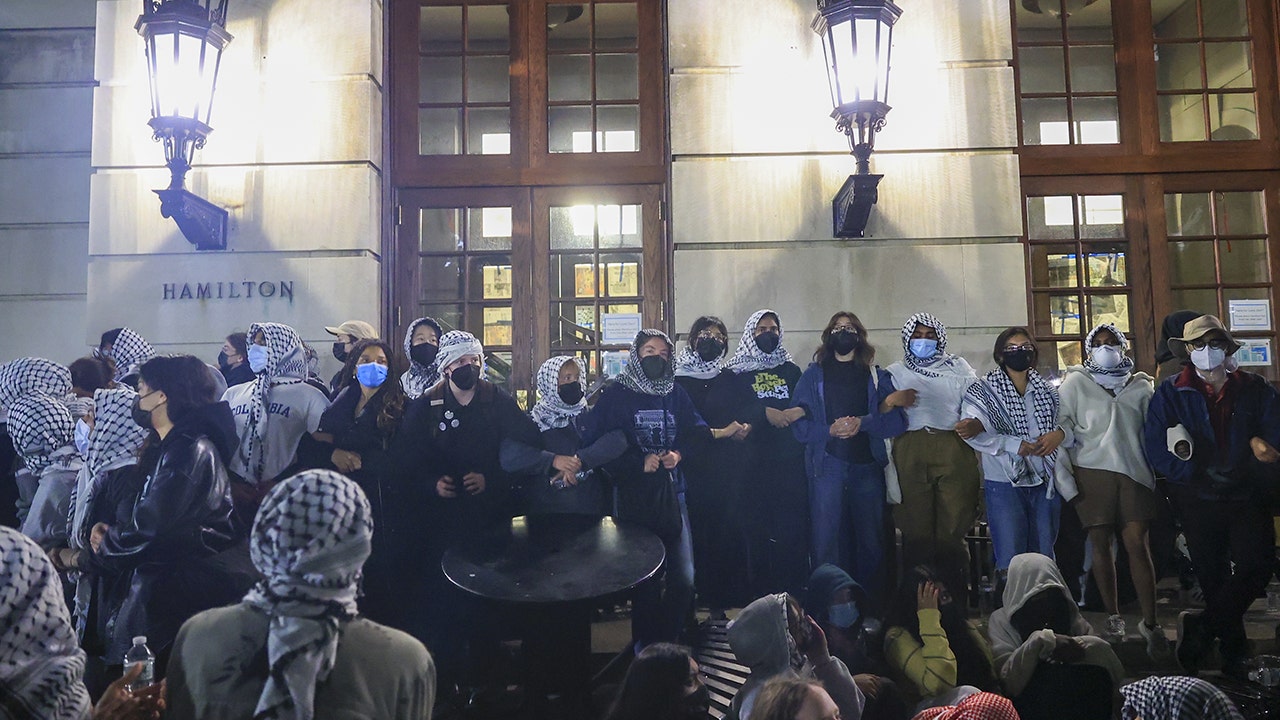Imagine your hometown being wiped off the map.
Imagine a city where no one lives.
Imagine the landmarks in your life — where you went to school, where you were married, where you worked and played and loved and prayed — erased.
This is what happened to Marinka, a small town in Ukraine’s east with nearly 200 years of history. Photos of it look like those of Hiroshima. Its destruction has become a symbol of Ukraine’s war.
It’s hardly the only Ukrainian town like this. The Times worked with researchers to measure every town, street and building in Ukraine blown apart since the Russians invaded in 2022. In today’s newsletter, we’ll explain how we did it — and what we found.
Measuring a nation’s destruction wasn’t an easy thing to do. It was possible only by viewing Ukraine from space. Radar-equipped satellites took frequent images of the country during the war. Then, researchers from the City University of New York Graduate Center and Oregon State University analyzed years of data — more than 10,000 images of Ukraine in total — to track small changes in blocks or even discrete buildings. The project took more than a year.
More buildings have been wrecked in Ukraine than if every building in Manhattan were leveled four times over. In some places, like Marinka, not a single resident is left.
Beyond the debris, what interested us most was the impact on people. So many Ukrainians have lost not just their homes but their entire communities. Marinka represents this loss. I walked its streets while it was under siege in July 2022. Not many people still lived there; I didn’t see how any could. But I stepped into an apartment building and found, in light so dim that it was hard to see, a mom, her 13-year-old daughter and their cat sitting in a quiet, half-destroyed room. The front line between Russia and Ukraine was on their doorstep.
They eventually left, along with everyone else. The Russians took control of the city last year. But there wasn’t much left. As one soldier put it, “Whatever could burn, burned.”
Our story, published today, visualizes the scope of Ukraine’s annihilation.
-
Dr. Anthony Fauci, in congressional testimony, denied Republican claims that he had helped fund research that sparked the pandemic or had covered up indications that it might have originated in a lab.
-
The hearing was testy at times, with Democrats praising Fauci and Republicans criticizing him. “You belong in prison,” Marjorie Taylor Greene said.
-
New strains of Covid, known as the “FLiRT” variants, are circulating, but there’s been little rise in emergency room visits or positive tests.
Other Big Stories
Opinions
Antihero or felon? Eleven undecided voters struggle with how they see Trump after his criminal conviction in Manhattan.
Growing evidence suggests that Covid came from a lab leak, argues Alina Chan, a molecular biologist. Maps and charts help make the case.
Ask Climate: Looking for an eco-friendly way to control backyard bugs? Meet the “bucket of doom.”
Lives Lived: Sam Butcher’s doe-eyed, pastel-hued porcelain figurines ignited a global collecting frenzy, made him a wealthy man and inspired him to build his own version of the Sistine Chapel in Carthage, Mo. He died at 85.
SPORTS
N.F.L.: The Vikings agreed to a four-year, $140 million contract extension with the wide receiver Justin Jefferson, making the highest paid non-quarterback in the league’s history.
M.L.B.: The former Pittsburgh Pirates shortstop Tucupita Marcano faces a possible lifetime ban over accusations that he bet on the team while he was on the injured list for them.
ARTS AND IDEAS
If you’ve visited Paris in August, you’ve probably noticed the word “fermé” — that is, “closed” — on many boutiques and bistros whose owners have left town for vacation. Not so this year: With the Olympics expected to draw nearly 15 million visitors, businesses say they’re planning to stay open for the summer. “It’s one of the biggest events in the history of Paris,” said Etheliya Hananova, an owner of the restaurant Comice. “We’re here to be part of the welcoming committee.”






